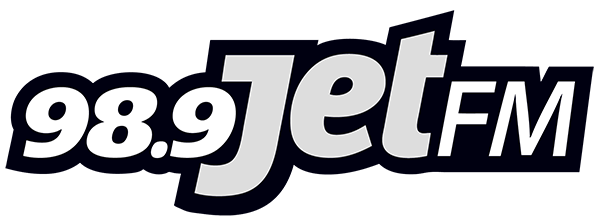A report from a small business advocacy group finds spending among regional districts in British Columbia is growing faster than key economic measures.
The Canadian Federation of Independent Business (CFIB) said the growth trend is leading to higher taxes for small businesses at a time when they can least afford it, especially while facing U.S. tariffs.
More than half of small businesses surveyed said they don’t feel their regional districts are responsive to their needs.
Many reported they were frustrated by long wait times for regional district administered business licenses as well as inconsistent services.
The CFIB report released this week looks at spending growth among B.C.’s 27 regional districts, and compares that growth against population growth, inflation, and regional district property tax increases.
The report finds, from 2018 to 2023, B.C. regional districts saw a 34 per cent average increase in their overall spending.
In more than half of districts, spending is growing faster than money brought in from property taxes and new development.
“This raises concerns about long-term financial sustainability and adds pressure to small business property owners,” said author Molly MacCormack in the report.
Over the same five-year period, regional districts saw administrative costs increase by an average of 43 per cent.
Central Kootenay, Cowichan Valley, and Kootenay Boundary saw the highest administrative costs per capita in 2023.
The report found half of all districts saw their total administrative costs outpace population growth, inflation, and regional district property tax increases.
The CFIB said in 2023 the average small business paid $11,731 in property tax to their regional district. On the high end of that range, small businesses paid $30,000 or more.
CFIB is urging regional districts to align their spending with sustainable benchmarks and prioritize small business needs.
It also calls for the reinstatement of the Auditor General for Local Government, saying more provincial oversight is needed to hold local governments accountable.
The municipal watchdog had long been criticized by municipalities and was eliminated in 2021.
“Small businesses are dealing with large amounts of debt, inflationary pressures, rising interest rates, and an uncertain economic landscape,” said MacCormack. “From the report’s findings, it is clear to recognize habits of steep spending carried out by regional districts without oversight.”






